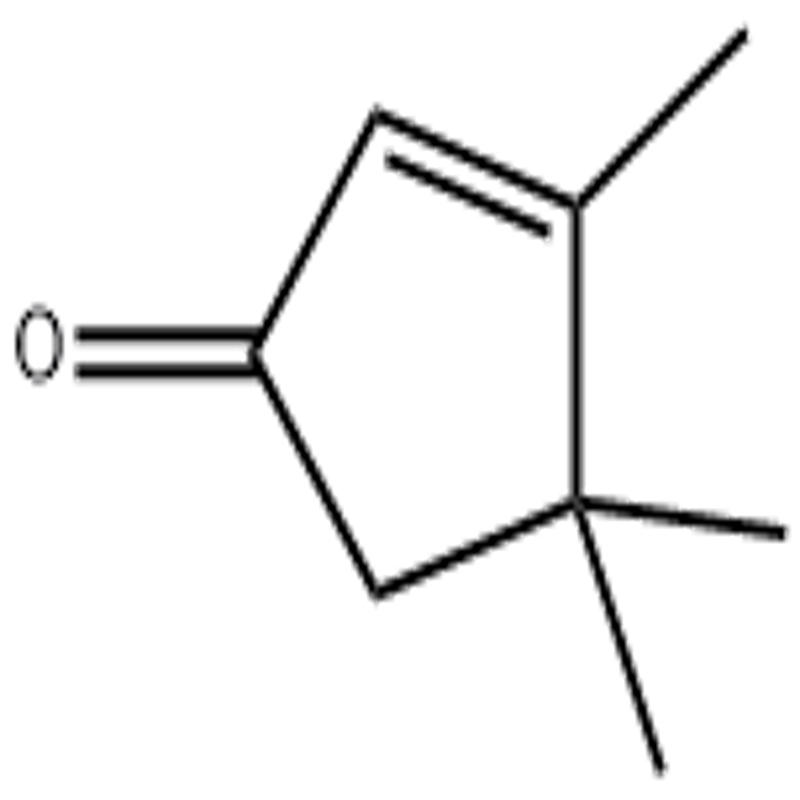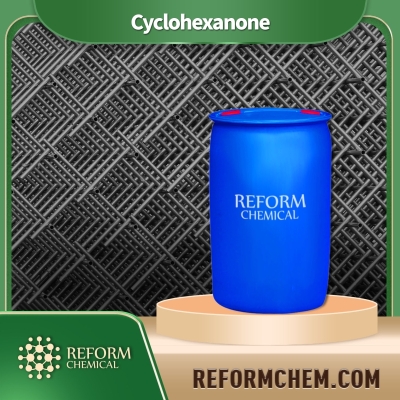-
Categories
-
Pharmaceutical Intermediates
-
Active Pharmaceutical Ingredients
-
Food Additives
- Industrial Coatings
- Agrochemicals
- Dyes and Pigments
- Surfactant
- Flavors and Fragrances
- Chemical Reagents
- Catalyst and Auxiliary
- Natural Products
- Inorganic Chemistry
-
Organic Chemistry
-
Biochemical Engineering
- Analytical Chemistry
-
Cosmetic Ingredient
- Water Treatment Chemical
-
Pharmaceutical Intermediates
Promotion
ECHEMI Mall
Wholesale
Weekly Price
Exhibition
News
-
Trade Service
The production of 2,2-dimethoxy-2-phenylacetophenone, also known as dimethoxyphenyl acetate, is a complex process that involves several steps and requires a high level of expertise and attention to detail.
The chemical is commonly used as a solvent, in the production of perfumes, and as a flavoring agent in the food industry.
The production process of dimethoxyphenyl acetate typically involves the following steps:
- Synthesis of the starting materials: The synthesis of dimethoxyphenyl acetate begins with the production of the starting materials, which include methyl acetate, phenol, and dimethyl sulfate.
These materials are typically obtained through a series of chemical reactions, such as the Kolbe-Schmitt reaction, Williamson ether synthesis, and the reaction of methyl iodide with potassium hydroxide. - The reaction of dimethyl sulfate with phenol: The next step in the production of dimethoxyphenyl acetate is the reaction of dimethyl sulfate with phenol in the presence of an acid catalyst.
This reaction leads to the formation of 2,2-dimethoxy-2-phenylacetophenone, which is then isolated and purified. - Purification of the product: The final product is typically purified through a series of chromatographic techniques, such as distillation, crystallization, and recrystallization.
These techniques are used to remove any impurities that may have been present during the synthesis process, and to obtain a pure sample of the final product. - Characterization of the product: The purified product is then analyzed using various techniques such as spectroscopy, melting point determination, and mass spectrometry to determine its chemical structure and properties.
- Packaging and storage: The final product is then packaged in appropriate containers and stored in a controlled environment to maintain its quality and stability.
The production of dimethoxyphenyl acetate is a complex process that requires a high level of expertise and attention to detail.
Any small variation in the synthesis process or the purification steps can affect the quality of the final product.
Therefore, it is important to follow established protocols and to use high-quality starting materials to ensure the purity and stability of the final product.
In conclusion, the production of dimethoxyphenyl acetate is a multi-step process that involves the synthesis of starting materials, the reaction of these materials, purification of the final product, and characterization of the product.
The entire process requires a high level of expertise and attention to detail to ensure the quality and stability of the final product.







